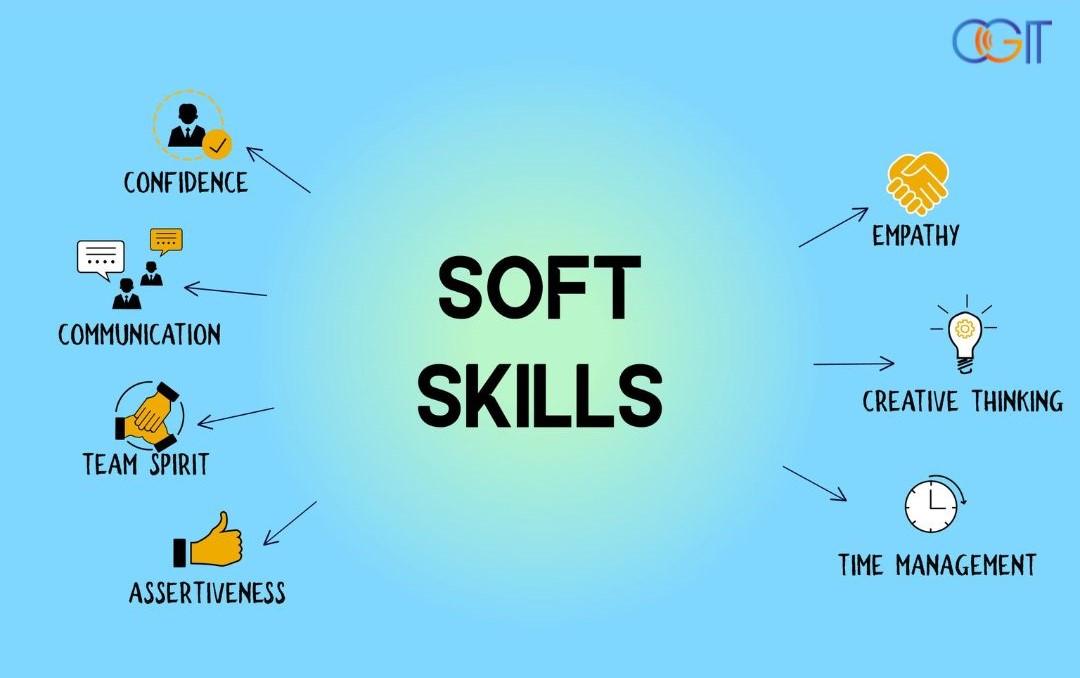Resilience is more than just a catchphrase in today's fast-paced world; it's a soft skill that's necessary for long-term success. Resilient professionals find strategies to remain grounded and flexible when industries change constantly, and unexpected obstacles appear. Regardless of challenges, resilience enables people to accept change, cope with stress, and continue to be productive. This essay explores the importance of resilience for career advancement, the advantages of fostering resilience, and practical methods for developing this crucial ability in any line of work.

Why Resilience is Crucial for Career Success:
Resilience is essential in the workplace because it enables workers to endure stress and flourish in trying situations. Resilient people see setbacks as chances for personal development rather than giving in to stress or despair. In addition to lowering anxiety, this optimistic perspective encourages initiative, which is advantageous for groups and companies. Resilience is a stabilizing factor that enables people to handle pressures and continuously deliver their best work in a dynamic workplace.
Practical Steps to Build Resilience:
It takes consistent effort and mental discipline to develop resilience; it doesn't happen immediately. Self-care, which includes regular exercise, enough sleep, and a healthy diet, is one of the best strategies to increase resilience. Setting attainable goals is another useful tactic that keeps overwhelm at bay. Other important measures include learning to manage behaviors in stressful situations and engaging in mindfulness practices. Adopting resilience entails concentrating on long-term development and acknowledging that setbacks are transitory.
The Impact of Resilience on Team Dynamics:
Resilience affects team relationships and morale in addition to helping individuals. When working on group initiatives, resilient team members provide stability and serenity, particularly under pressure. Collectively embracing resilience creates a positive atmosphere that inspires people to solve problems and advance as a team. In addition to increasing output, this collaborative spirit fortifies relationships, fostering a strong and resilient workplace culture that benefits the entire company.
Conclusion:
A transformative soft ability, resilience enables people to overcome obstacles, adjust to change, and maintain their optimism in the face of hardship. Professionals can remain productive and make valuable contributions to their organizations even in times of turbulence by cultivating resilience. A resilience-focused soft skills internship can help those who want to improve this ability by providing useful strategies for stress management and growth acceptance. In the end, adopting resilience opens the door to a prosperous, satisfying career in any industry.



